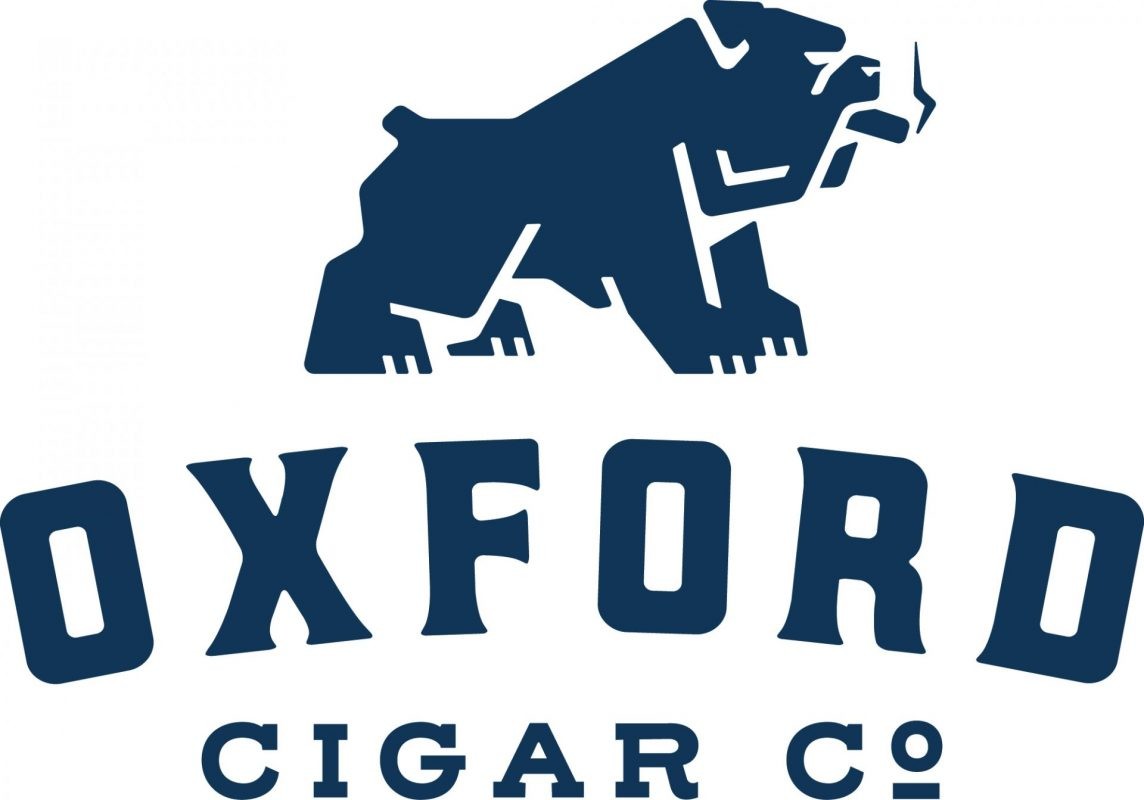News
DONNELL RAWLINGS – WALKING THE WIRE FROM DRAMA TO COMEDY TO STARDOM
JAMES BROWN may have gone down in history as the hardest working man in show business, but Donnell Rawlings seems to have picked up the mantle from the music icon.
More than 30 years after first taking the stage for a life in comedy, Rawlings has steadily built a career that includes television, movies and a highly lauded podcast. A life in entertainment wasn’t always a given, however. Born in Washington D.C., and raised in Alexandra, Va., after high school Rawlings joined the Air Force, where he was stationed in Korea. When he returned home, he found himself leading a security team for five Safeway stores.
Life took an unexpected turn when he attended a few comedy shows with friends and heckled the performers. (Something he would never do now, he says.) To the audience’s surprise, Rawlings was funnier than the comics on stage.
As Rawlings’ comedy career gained momentum, his popularity transitioned into small parts for movies and television. Hollywood noticed, and Rawlings
landed roles in a couple of David Simon’s breakthrough programs on HBO. First came The Corner, a six-episode miniseries where Rawlings plays a drug-addicted character named Bread. Like many of the actors from The Corner, Simon brought Rawlings back for his next opus, The Wire.
Rawlings portrayed Damien “Day-Day” Price, a character that eagle-eyed viewers will notice links the drug-infested housing projects and local politics. Day-Day, Rawlings says, was originally intended to have a larger part as the show went on, but the Baltimore tourism trade implored the show’s producers to tone down the drug references.
In addition to his considerable successes in dramatic roles, Rawlings is probably best known as a cast member of Chappelle’s Show, starring Dave Chappelle. Critics and viewers hailed the sketch comedy show as brilliant, but Chappelle left after just three seasons. Chappelle and Rawlings remain close friends, and it is Chappelle who has produced Rawlings’ new Netflix special.
Donnell Rawling took some time to chat with us about getting started in comedy, his career trajectory and his work ethic.
Cigar & Spirits Magazine: You didn’t start off wanting to be a comedian. You were head of security at a grocery store and went to a comedy club where you heckled someone on stage.
Donnell Rawlings: Being a security guard in the grocery store is an understatement. I was head of security at a grocery store. I worked with some fun people. There was a guy that worked for Hostess Cupcake Company, and he would do stand-up comedy late at night, and he would stack the shelves with Hostess Twinkies and stuff in the daytime, but as part of that, he would double dip and pass out free tickets for the comedy show.
I got free tickets, went along with a lot of people that I worked with. I thought I was funny from my seat, and I would heckle the comedians. I got so good at being a heckler that audience people started coming just to hear me heckle. I was so cocky as a heckler that I went to the owner, and I said, “It looks like I’ve increased your business here by 30 percent. It’s time for you to cut me in. I need part of this profit.” To which he said, “If you think you’re so funny go on stage.” I went on stage and 37 years later I’ve never looked back.
What changed for you that night?
I really understood how tough it is to be in front of people you don’t know. You don’t know how well they’re going to receive you and it’s a very, very tough job. It’s easy for someone to sit in the corner and heckle. People don’t expect you to be funny. But when you’re up there [on stage], you’re expected to be funny. Nobody wants to be heckled by somebody that doesn’t have enough testicles to do what you do. It changed my attitude on what it really took to be a comic and the pressures of being in front of a big audience.
You’ve said you don’t really like “ jokes.” How do you craft your material?
Experience of life. My stuff, some of it self-deprecating, a large part of it is observational comedy. I just try to do my regular day-to-day activities, be around good people, talk to people, and with that, I just think I’m a naturally funny person and I put myself in different situations. Of course, there’s embellishment and you exaggerate a little bit, but the majority comes from things that are really happening in my life.
Once your comedy career began to take off, you transitioned into acting. Can you talk a little bit about that?
I think it just evolved. I used to do a lot of stand-up that had characters. I noticed that if I would talk about, like, a kid in my neighborhood bullying me for my bike, I would act him out, his mannerisms and everything. I was like, “Well, that’s getting close to acting.” I’ve got a couple of monologue books. I started doing monologues in the mirror. I created a sketch comedy group years ago called Secret Society. It was the biggest ethnic comedy sketch group ever in New York. I wanted to take my jokes and my characters, and I was like, “Let me just cast some people to play these things.”
We had a showcase. We invited the industry out and I was a very, very green actor. No experience, just stuff that I was playing around with myself. We invited the industry out that night. It was a big night. The next day my manager’s phone was ringing off the hook. The agency was APA. They wanted to sign the entire group to represent. That’s when I started doing more auditions. I probably bombed more auditions than I booked. That was how my acting career started.
You landed some really plum parts in The Corner and The Wire, which are now, especially The Wire, considered some of the best shows of all time. It’s one of my favorite shows. How did you get those roles and how did you get connected to [show creator] David Simon?
The agency I was with sent me out on an audition for the character of Bread. I thought that I bombed the audition. It was probably, maybe, my fifth audition that I’ve ever done. I wasn’t really sure of myself.
The casting director at the time told me. “Relax. You can do it.” I went and did it again. Still thought I bombed. I booked it, which was a surprise to me and everybody in the agency. When I got on set, I asked David Simon, “Why did you choose me for this role? I really thought I bombed.” To which he said, “We love the fact that you threw the lines away. You left the script and you became that person.”
I left the script because I forgot my lines. In this particular case, because the other actors knew the backstory of the character, they were falling into the fact that he was a drug addict. I’m pretty sure everybody came in as a dope fiend. I came in there as a guy that just was nervous and funny at being nervous. They liked it and the rest was history.
One thing that has always fascinated me is that so many comedians make brilliant dramatic actors. What’s your insight into that?
I think some comedians, not all of them, make good dramatic actors because comedy is very dark. In fact, a lot of times when you’re on stage you deal with personal things in your life but when you go on stage, you can’t let people feel that. I think Smokey Robinson had a song, “Tears of a Clown,” “People say I’m the life of the party because I tell a joke or two, but take a good look at my face, and I’m crying.” I think that we’re like that symbol that represents comedy and drama.
You’ve carved out a very successful career for yourself. How has your ambition changed over the years?
I’m as passionate today as I was 32 years ago. Jay-Z had a song, “So Ambitious,” and [melodizing] “I always remember people telling me what I couldn’t be, oh, wow.” The ambition that drove me 30 years ago still exists now. Some people get in my field and fans and stuff, they think that I have made it to the top, but I think the thing that you have to remind yourself is to continue to challenge yourself to always try to figure out something you do to make yourself better.
A lot of people can have a lot of ambition but no path to victory. You got to have a vision and let the ambition fuel it.
You’re known for your work on Chappelle’s Show with Dave Chappelle, and now you have a Netflix special, which he produced. What were you looking to accomplish with your special?
I really want to satisfy my fans. I do well for myself as a traveling or road comic, which I’m happy with. At the end of the day, every comic, your first thing you want to do is to be able to put your name on the marquee and make a good living for yourself. I’ve got to that part. My schedule is always there, but I just wanted to fill that void that’s been missing within my fanbase of me being on one of the biggest platforms in stand-up comedy, which is Netflix.
Whether I could get the special or not, I still was happy with the fact that there are thousands and thousands of fans that want to come see me and help me to continue to have a good life.
Because this is Cigar & Spirits, can you tell me a little bit about what you look for when it comes to different spirits and the cigars you smoke?
Great spirits and good cigars give great conversation. You’re around good people. Not too many of my thug friends I grew up with were into any type of Cubans or any type of Japanese whiskey. I really like the lifestyle it creates. I’m still learning different tastes, different notes, and different styles.
You’ve had a storied career.
What do you want your legacy to be?
I want my legacy to be someone that really cared about bringing happiness to people. I want my legacy to be
that the biggest thing, the best thing he’s ever produced or ever directed was having a kid. I want people to know that sometimes you need to laugh, sometimes you want to laugh, and I hope that I helped you laugh when you needed to laugh.



